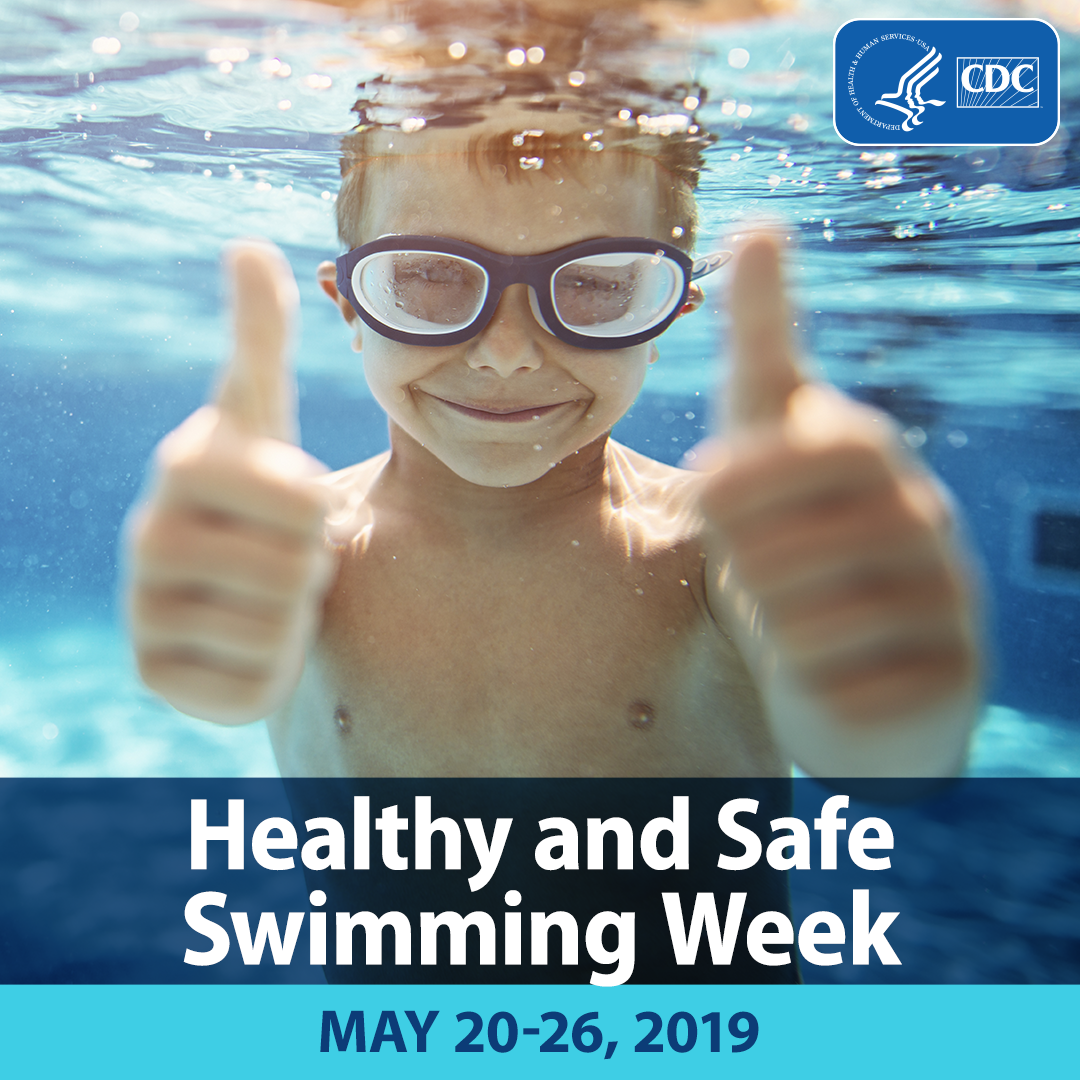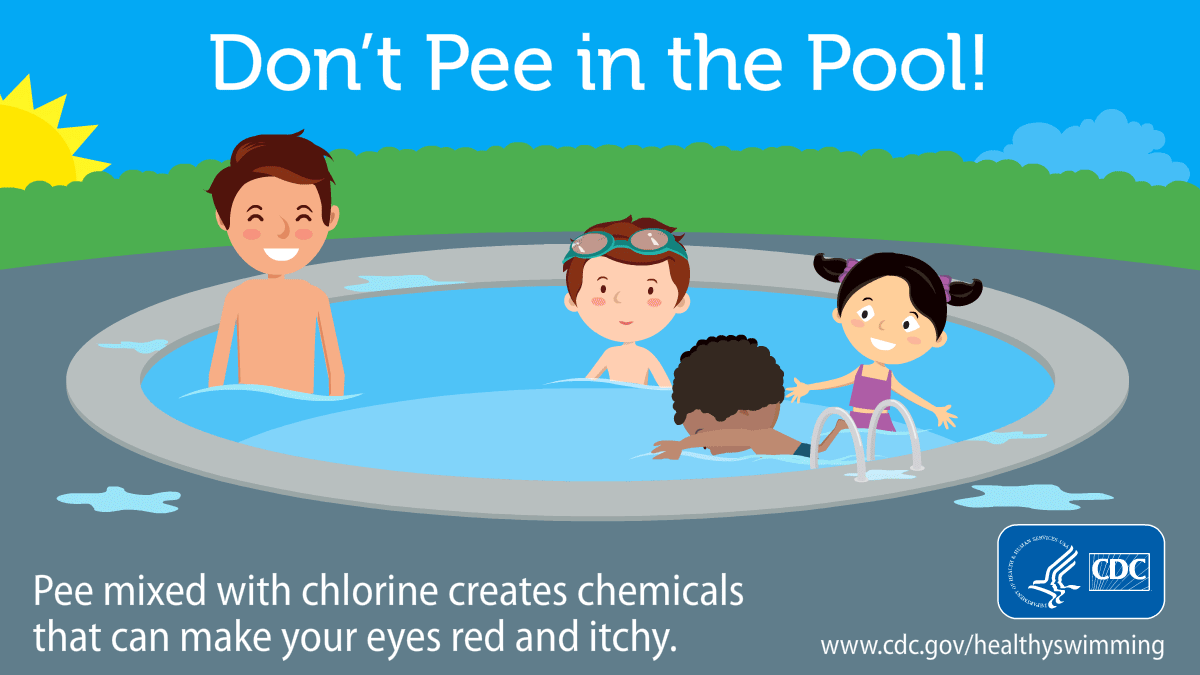To ensure you’re receiving the most up-to-date and accurate information, please choose the correct agency from the homepage. The DHEC website is no longer being updated and will be permanently unavailable Dec. 31, 2024.
Swim Safe During Healthy & Safe Swimming Week

Pool season is officially here! Even though swimming is a great recreational activity, be cautious about the water where you swim. This week marks the 11th annual Healthy and Safe Swimming Week, where this year’s theme is “Pool Chemistry for Healthy & Safe Swimming.”
Many people do not think about the chemistry of the water before they dive. Certain contaminations can lead to illness, including Cryptosporidium (or “Crypto”), Legionella and other recreational water illnesses. Pool chemicals are added to maintain water quality and kill germs. Each year, however, mishandling pool chemicals when treating pools, hot tubs, spas, and water playgrounds leads to 3,000-5,000 visits to emergency departments.
According to the Centers for Disease Control and Prevention (CDC), in 2009 there were approximately 301 million swimming visits each year by persons over the age of six. Please refrain from getting in deep water levels if you cannot swim. Each day, two children younger than 14 years old die from drowning. Drowning is a leading cause of death for children 1-4 years old.

Follow these tips for safe swimming this summer:
- Don’t swim or let your kids swim if sick with diarrhea.
- Contact a DHEC representative to get an inspection for a specific facility
- Before getting in the water, do your own mini-inspection.
- Use a test strip from your local retailer or pool supply store to check if the water’s pH and free chlorine or bromine levels are correct:
- Follow the manufacturer’s directions.
- pH: 7.0-7.8
- Free chlorine: between 1-8 ppm in all recreational water bodies\
- Bromine: between 2.3-17.6 ppm in all recreational bodies
- Use a test strip from your local retailer or pool supply store to check if the water’s pH and free chlorine or bromine levels are correct:
- Rinse off in the shower before you get in the water. Rinsing off for just 1 minute removes most of the dirt or anything else on your body that could contaminate the water.
- Don’t pee or poop in the water.
For additional inspection steps, visit: https://www.cdc.gov/healthywater/swimming/materials/infographic-inspection.html Healthy swimming is safe swimming. Keep yourself and your loved ones safe this summer and stay informed.